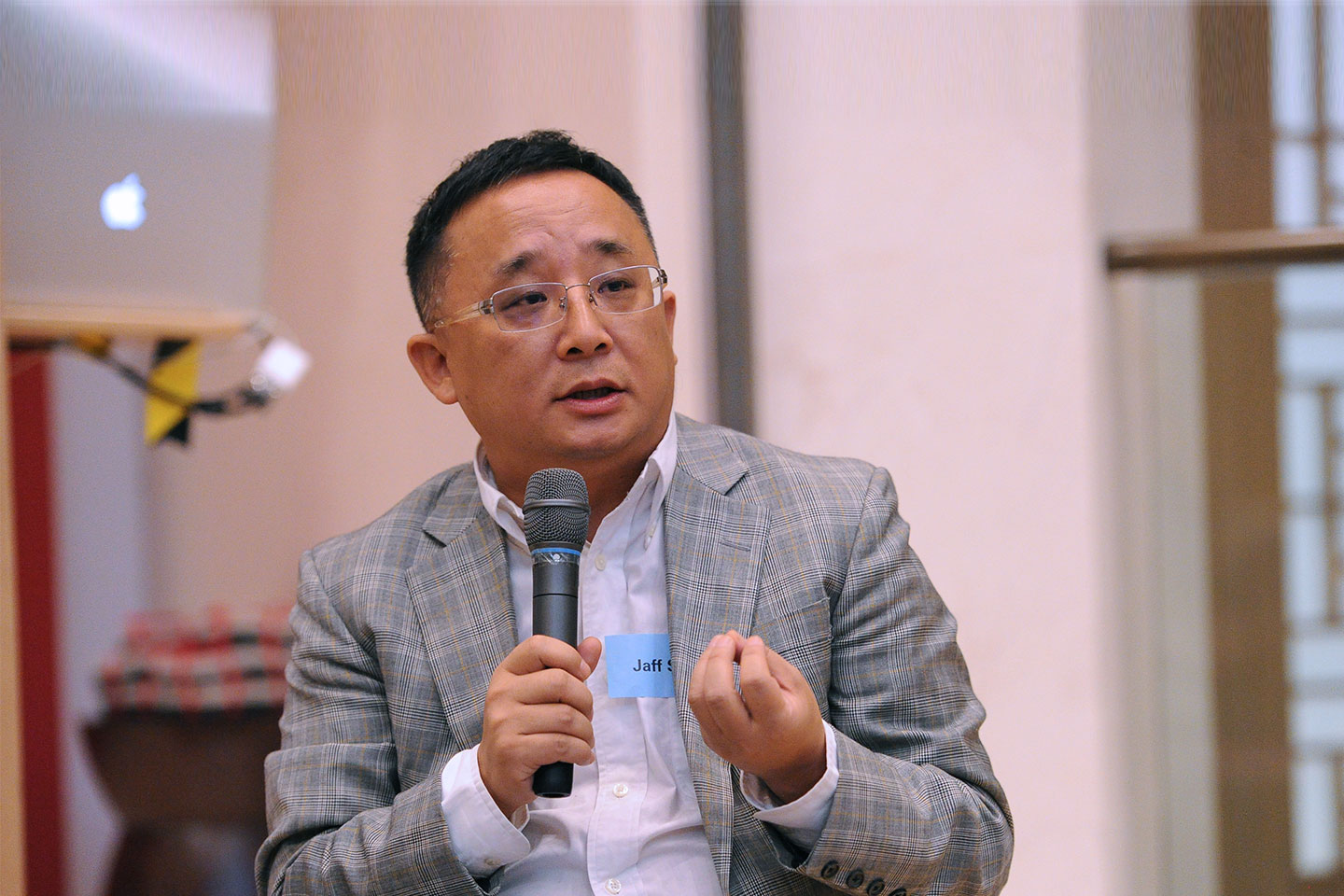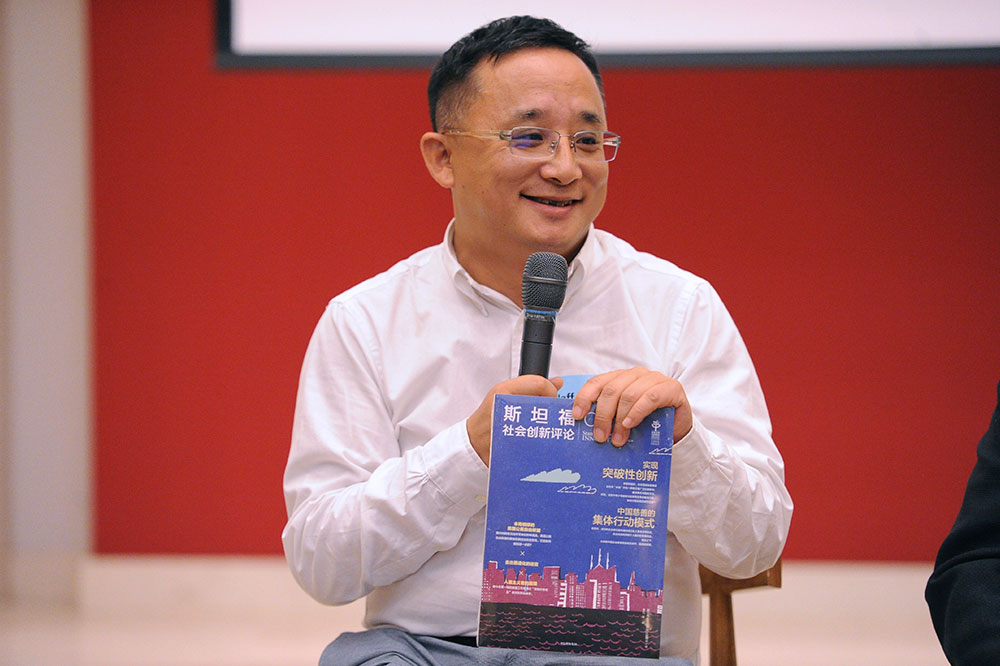China-based Leping Social Entrepreneur Foundation and US-based Enlight Foundation recently donated US$150,000 to support research at NUS Business School’s Asia Centre for Social Entrepreneurship & Philanthropy (ACSEP).
Outside-In recently spoke to Jaff Shen, CEO of Leping Social Entrepreneur Foundation to find out more about the social entrepreneurship landscape in China and the firms’ donation to ACSEP.
Q: What is the state of the social entrepreneurship in China?
Over the past decade, the development of social enterprise in China has grown from a state of dispersed innovation to one where the firms are looking to develop to meet market demands. They need external resources such as capital and strategic advice to help them scale up.
But, the biggest factor driving the growth of social enterprises here has been globalisation and how it transformed business values.
Now China’s economy is becoming connected to the world. The age of globalisation has brought with it a greater discussion on values and topics such as conserving the environment or protecting the rights of workers.
Under such a context, whether you are a social entrepreneur or a pure business leader, you always try to pursue one answer to the question — who does your business ultimately serve? You are unlikely to be successful if there a difference between your values and the market you are serving. If you want to cut down trees in Africa, the world stops you from doing so. If you own a sweatshop, you will find it hard to make any sales.
We are witnessing a social innovation here in China’s business landscape. Chinese business leaders understand that it is no longer about engaging in philanthropy after profits but on creating an impact on society that benefits the business in the long run.
Q: Tell us about the Leping Social Entrepreneur Foundation’s work in China.
We position ourselves as catalyst and ecosystem builder for social innovation to alleviate inequality and poverty in China, and we believe that social entrepreneurs are the key to tackling such challenges.
At Leping, we focus on nurturing social entrepreneurs and guiding them to solve social challenges, helping groups of people such as farmers and migrant children. This includes supporting capacity-building in areas such as planning, skills training and fundraising.
Social enterprises face a situation where the market does not fully recognise their values and what they offer. The firm then has trouble selling its products or services, and it does not have enough money.
But with an ecosystem, people such as advisors and technical experts can provide their time, network and social capital to help the social enterprise in areas like cost reduction and risks management. It is not a full business model but more like a spirit to help each other.
These social entrepreneurs play an important role in China. I see them as catalysts for social change, and they can mobilise China’s population to be part of globalisation.
Social entrepreneurs play an important role in China
Q: What can social entrepreneurs from China and Asia learn from each other?
Like leaders of any organisations in general, entrepreneurs always feel lonely. But being in a peer group can stimulate the imagination, leading to new ideas, products and markets.
It can be challenging to build and maintain such a group. I think the best way is to leverage existing international communities or forums to meet people and create exchanges.
It is also worth noting that we have built connections with socially-minded designers, artists, entrepreneurs from East Asia Social Innovation Initiative (EASII). EASII was founded around 2013 to connect people from cross-disciplines to join forces in creating change through social innovation. We have hosted several workshops in Beijing, Seoul and Tokyo, conferring hundreds of scholars, artists, designers and practitioners, to exchange ideas and collaboratively move social innovation agendas forward. The knowledge and resource from this network are channelled to publication too.
Q: Why did you choose to donate to NUS?
We are looking to build a global network of knowledge including theoretical systems, methodologies and thought leadership.
Today’s theories are mainly Western-based, which may not fit in today’s dynamic economy and new markets.
We are cooperating with universities around the world to study social changes from a new angle.
NUS is a top university for research and Singapore is a hub for Southeast Asia, so it is good to study the region. One area of research is how we can tweak the education system to nurture more social entrepreneurs.




